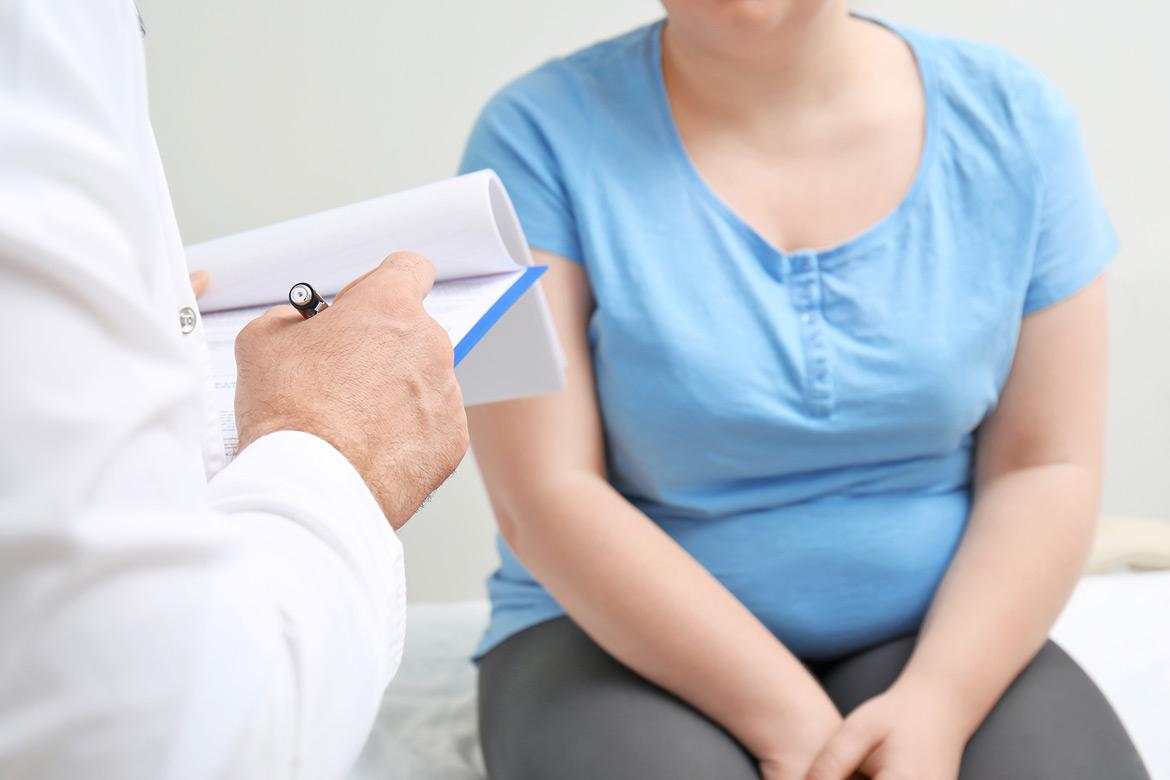-
-
Featured Care Areas

Ulcerative Colitis
How is ulcerative colitis diagnosed?
Ulcerative colitis is usually diagnosed after ruling out other possible causes that display similar signs and symptoms.
Your doctor may perform several tests to confirm a diagnosis of ulcerative colitis. These include:
- Blood tests to check for anaemia or signs of infection.
- Stool samples to test for white blood cells, which can indicate ulcerative colitis. This can also rule out other possibilities such as infections.
- Colonoscopy to view the entire colon using a thin, flexible tube called an endoscope. During the procedure, biopsies (tissue samples) may be taken to be examined in the laboratory.
- Flexible sigmoidoscopy to examine the rectum and last part of the colon using an endoscope.
How is ulcerative colitis treated?
Your doctor may prescribe medication or recommend surgery to treat your ulcerative colitis.
Medication
Several types of medicines can be used depending on the severity and location of the disease. Medicines that are used to treat ulcerative colitis include:
- 5-aminosalicylic acid (5-ASA). This is often used as the first step of ulcerative colitis treatment. Examples include sulfasalazine, mesalamine, balsalazide and olsalazine.
- Corticosteroids. These are generally reserved for moderate to severe ulcerative colitis and are given for short periods. Examples include prednisone and budesonide.
- Immunomodulator drugs. These reduce inflammation by suppressing the immune response. Examples include azathioprine, mercaptopurine, cyclosporine and tofacitinib.
- Biologics such as infliximab, adalimumab and vedolizumab.
Surgery
Surgery can cure ulcerative colitis but often involves removal of the entire colon and rectum. This is usually the last resort in severe cases where the patient is not responding to medication or the patient's life is at stake.
As part of the surgery, your doctor will perform a procedure called an ileal pouch-anal anastomosis. In this procedure, a pouch is constructed from the end of the small intestine and attached to the anus to allow for waste excretion.
If a pouch is not possible, your doctor will create a permanent opening in the abdomen through which stool is passed into an attached bag.
It is important to seek early treatment for ulcerative colitis. Speak to our gastroenterologists for an accurate diagnosis and treatment plan.
This coverage checker is brought to you by Health Insured, an online resource that helps you understand your health coverage in Singapore.
This page has been reviewed by our medical content reviewers.
Need help?
For enquiries, please call
+65 6575 7575
For appointment bookings, please WhatsApp
+65 8111 9777









